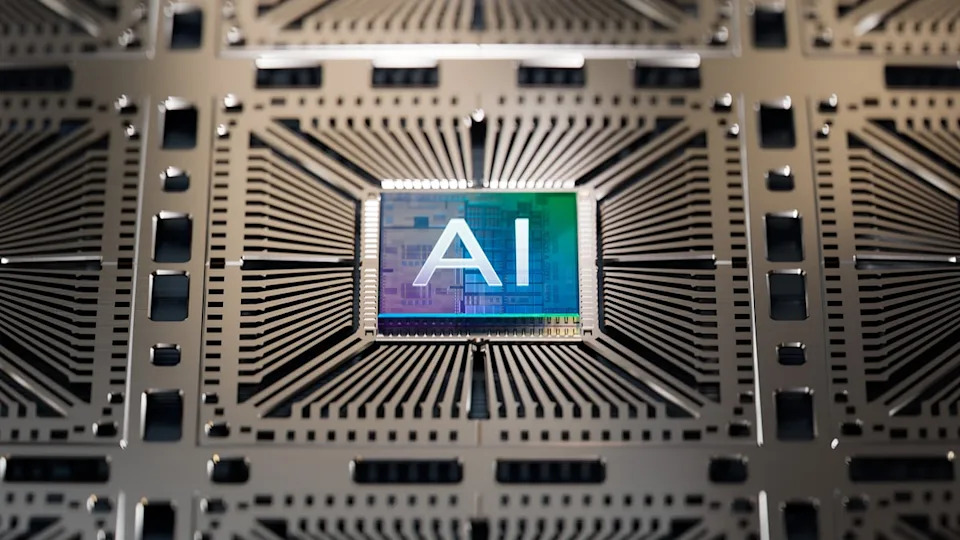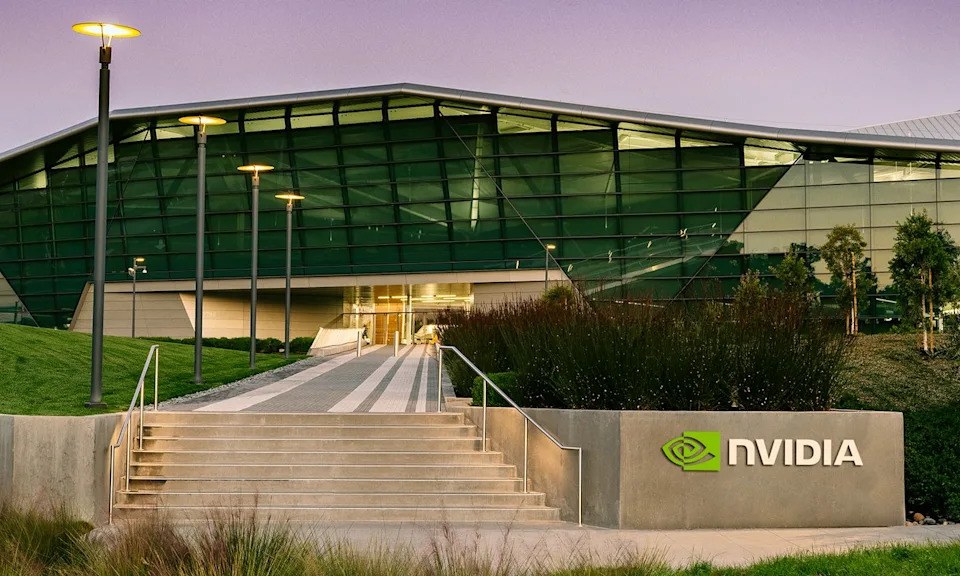Key Points
Artificial intelligence (AI) is a game-changing technology, where the right stocks could earn investors handsome gains. But as with any technology that comes along, investors will need to watch for companies that fail to live up to the hype.
This is where following the stock picks of billionaire investors could prove very helpful. These investors have had successful investing careers, and they generally don't invest in a company until they have completed exhaustive research into its competitive position, risks, and return prospects.
Fortunately, billionaire fund managers are required to report their holdings on Form 13F every quarter. The latest round of 13Fs revealed prominent billionaires still buying shares of two high-flying chip stocks in the first quarter.

1. Taiwan Semiconductor Manufacturing
Taiwan Semiconductor Manufacturing (NYSE: TSM) is the leading chip manufacturer in the world. It controls more than 60% of the global foundry market, as it makes chips for leading chip companies, including Nvidia (NASDAQ: NVDA) . Growing demand for chips used for AI workloads in data centers has helped send the stock up 279% over the past five years, and its run may not be over.
Three notable billionaires were buying shares in the first quarter. David Tepper of Appaloosa Management, Stephen Mandel of Lone Pine Capital, and Chase Coleman of Tiger Global Management were adding to their firm's stakes. The company's strong first quarter amid uncertainty over the economy is pointing to tremendous momentum in the AI market.
Demand for AI chips remained robust in the first quarter. Revenue and earnings grew 35% and 60% year over year, and TSMC is making significant investments in expanding capacity to support long-term demand.
TSMC recently unveiled its A14 logic process technology, representing a step forward from its current 2-nanometer (N2) process. The A14 delivers a 15% increase in performance with a 30% power savings over the N2 and is scheduled to enter production in 2028.
These billionaires are making a bet that TSMC is benefiting from sustainable demand in the AI market. They are obviously aware of the semiconductor industry's historical cyclicality, and some of that cyclical nature revealed itself last quarter, as not all the markets that TSMC sells into are experiencing strong demand right now.
For example, seasonal softness in smartphone demand caused TSMC's revenue to fall 5% over the previous quarter. It also experienced a small setback in chip production following a recent earthquake that disrupted operations.
Over the long term, the increasing use of more technologically advanced devices and data centers for AI should create opportunity for TSMC. The growing need for more advanced chips is why the stock has delivered market-beating returns over the last decade, and it could repeat that performance.
TSMC forecasts AI chip sales to double in 2025 and grow at an annualized rate of 40% through 2028. Considering this forecast, the stock looks compelling, trading at a reasonable 21 times this year's earnings estimate, while analysts expect earnings to grow at an annualized rate of 21%.

2. Nvidia
TSMC's long-term outlook for AI chip sales bodes well for Nvidia. Its graphics processing units (GPUs) are the gold standard in the AI chip market. The stock has rocketed 1,400% over the past five years, yet a few billionaires still see upsides. In the first quarter, Chase Coleman added to his firm's stake, while Daniel Loeb of Third Point established a new position in the stock.
Nvidia is coming off an incredible year, where its revenue more than doubled to $130 billion. Based on a strong outlook for Nvidia's new chips going into production, analysts expect the company's revenue to increase by 53% to nearly $200 billion in the current fiscal year.
Its new Blackwell computing platform designed for the most advanced AI workloads is already raking in billions in revenue, and the company is racing to raise supply to meet demand. Even Nvidia's automotive chips for self-driving cars are seeing strong demand, with revenue expected to triple this year to $5 billion.
One risk for Nvidia is companies pursuing cheaper alternatives than buying its GPUs. Some of Nvidia's customers, including Amazon and Alphabet 's Google, have invested in their own chips for AI. Custom chip solutions can perform more efficiently at specific computing tasks and save money over Nvidia's general-purpose GPUs that can cost tens of thousands of dollars per unit.
Coleman and Loeb are obviously betting that data centers will continue to need Nvidia's GPUs. With Nvidia's software, companies can tailor these GPUs to work with a number of use cases. Nvidia just made a flurry of announcements at the recent Computex conference that show its GPU technology becoming more entrenched in companies' AI investment plans. For example, Nvidia and Microsoft are working together on agentic AI, an advanced form of AI that can make decisions without a human prompt.
Perhaps the most important announcement from Nvidia was the introduction of NVLink Fusion, which will allow customers to integrate chips from other chipmakers alongside Nvidia's GPUs in data centers. This strategy could ultimately expand the addressable market for Nvidia's chips, while protecting its lead in the AI market.
Despite these positive developments, the stock trades at a forward price-to-earnings ratio of 30, which seems on the low side for a company that analysts expect to grow earnings at a 35% annualized rate. Given Nvidia's lead in GPUs, the stock could hit new highs this year and still deliver market-beating returns over the next few years.
Before you buy stock in Taiwan Semiconductor Manufacturing, consider this:
Consider when Netflix made this list on December 17, 2004... if you invested $1,000 at the time of our recommendation, you’d have $644,254 !*
Now, it’s worth noting Stock Advisor ’s total average return is 962% — a market-crushing outperformance compared to 169% for the S&P 500. Don’t miss out on the latest top 10 list, available when you join Stock Advisor .
